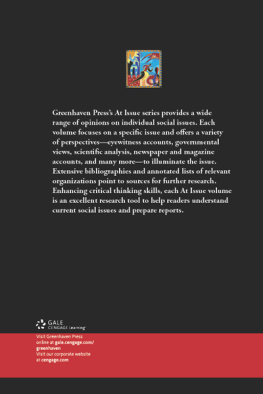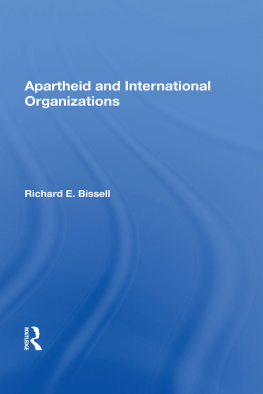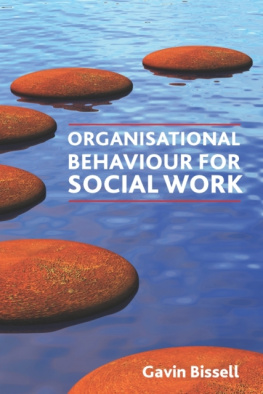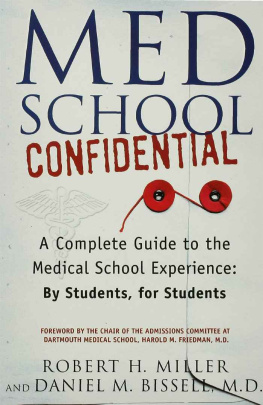
The Olympics, Media and Society
When the general public follow the Olympic Games on television, on the internet, even in the newspapers, they feel like they have themselves experienced the performances of the athletes. This book explores whether it is ever possible to experience the Olympic Games as an athletic event without considering the effect of the media. It addresses a multitude of ways in which the intermediary of media production alters the experience of the Olympics.
Spectators watching Olympic events from the stands are less subjected to the language of the commentators, journalists, and even the athlete interviews as they form impressions and understandings of the games. However, even those who sit in the stands for the opening ceremonies or walk down the streets of the Olympic Village and the host city are treated to media spectacles that are intentionally produced to display the attitudes, values, and beliefs of the host country and its Olympic Committee. This book performs the important task of analysing ways in which the media serves as both an integral component and an arbiter of the Games for society.
This book was originally published as a special issue of Mass Communication and Society.
Kim Bissell is the Director of the Institute for Communication and Information Research, and the Associate Dean for Research in the College of Communication and Information Sciences at the University of Alabama. She has published more than 30 research articles in peer reviewed journals and several book chapters. Her research interests include the intersection of media, health, and sport in the context of media effects and media messages.
Stephen D. Perry is the Editor of Mass Communication and Society, and is the Mass Media Coordinator and Professor at Illinois State University. He is coauthor of Communication Theories for Everyday Life (2003) and author of A Consolidated History of Media (2005), as well as many book chapters and research articles in peer-reviewed journals. His research interests include media effects on society, and media history.
First published 2013
by Routledge
2 Park Square, Milton Park, Abingdon, Oxon, OX14 4RN
Simultaneously published in the USA and Canada
by Routledge
711 Third Avenue, New York, NY 10017
Routledge is an imprint of the Taylor & Francis Group, an informa business
2013 Mass Communication & Society Division of the Association for Education in Journalism and Mass Communication
This book is a reproduction of Mass Communication and Society, volume 15, issue 4. The Publisher requests to those authors who may be citing this book to state, also, the bibliographical details of the special issue on which the book was based.
All rights reserved. No part of this book may be reprinted or reproduced or utilised in any form or by any electronic, mechanical, or other means, now known or hereafter invented, including photocopying and recording, or in any information storage or retrieval system, without permission in writing from the publishers.
Trademark notice: Product or corporate names may be trademarks or registered trademarks, and are used only for identification and explanation without intent to infringe.
British Library Cataloguing in Publication Data
A catalogue record for this book is available from the British Library
ISBN13: 978-0-415-81596-3
Typeset in Times New Roman
by Taylor & Francis Books
Publishers Note
The publisher would like to make readers aware that the chapters in this book may be referred to as articles as they are identical to the articles published in the special issue. The publisher accepts responsibility for any inconsistencies that may have arisen in the course of preparing this volume for print.
Contents
Kim Bissell and Stephen D. Perry
Mike Milford
Roger Cooper and Tang Tang
Robert Moses Peaslee and Shu-Ling Chen Berggreen
Mei Hua and Alexis Tan
Bu Zhong and Yong Zhou
Karen-Marie Elah Perry and Helen Hyunji Kang
Amy Jones and Jennifer Greer
Kelly Poniatowski and Marie Hardin
The chapters in this book were originally published in the journal Mass Communication and Society, volume 15, issue 4 (2012). When citing this material, please use the original page numbering for each article, as follows:
Chapter 1
Introduction: Olympics, Media, and Society
Kim Bissell and Stephen D. Perry
Mass Communication and Society, volume 15, issue 4 (2012) pp. 481-484
Chapter 2
The Olympics, Jesse Owens, Burke, and the Implications of Media Framing in Symbolic Boasting
Mike Milford
Mass Communication and Society, volume 15, issue 4 (2012) pp. 485-505
Chapter 3
Fans, Nonfans, and the Olympics: Predictors of Audiences Multiplatform Experience with the 2008 Beijing Games
Roger Cooper and Tang Tang
Mass Communication and Society, volume 15, issue 4 (2012) pp. 506-524
Chapter 4
The Expediency of Hybridity: Beijing 2008
Robert Moses Peaslee and Shu-Ling Chen Berggreen
Mass Communication and Society, volume 15, issue 4 (2012) pp. 525-545
Chapter 5
Media Reports of Olympic Success by Chinese and American Gold Medalists: Cultural Differences in Causal Attribution
Mei Hua and Alexis Tan
Mass Communication and Society, volume 15, issue 4 (2012) pp. 546-558
Chapter 6
Under the Weather: The Weather Effects on U.S. Newspaper Coverage of the 2008 Beijing Olympics
Bu Zhong and Yong Zhou
Mass Communication and Society, volume 15, issue 4 (2012) pp. 559-577
Chapter 7
When Symbols Clash: Legitimacy, Legality and the 2010 Winter Olympics
Karen-Marie Elah Perry and Helen Hyunji Kang
Mass Communication and Society, volume 15, issue 4 (2012) pp. 578-597
Chapter 8
Go Heavy or Go Home: An Examination of Audience Attitudes and Their Relationship to Gender Cues in the 2010 Olympic Snowboarding Coverage
Amy Jones and Jennifer Greer
Mass Communication and Society, volume 15, issue 4 (2012) pp. 598-621
Chapter 9
The More Things Change, the More They : Commentary During Womens Ice Hockey at the 2010 Olympic Games
Kelly Poniatowski and Marie Hardin
Mass Communication and Society, volume 15, issue 4 (2012) pp. 622-641
Shu-Ling Chen Berggreen (Ph.D., University of Tennessee, 1989) is an Associate Professor of Journalism and Mass Communication at the University of Colorado. Her research areas include children and media, media and identity politics, media, culture and globalization, and media institutions and economics in Asia.
Kim Bissell is Director of the Institute for Communication and Information Research, and the Associate Dean for Research in the College of Communication and Information Sciences at the University of Alabama.
Roger Cooper (Ph.D., Indiana University, 1992) is an Associate Professor in the School of Media Arts and Studies at Ohio University. His research interests include media uses in convergent environments and the personality attributes that enhance success in the creative industries.
Jennifer Greer (Ph.D., University of Florida, 1996) is an Associate Professor in the Department of Journalism at the University of Alabama. Her research interests include media effects and online news.








